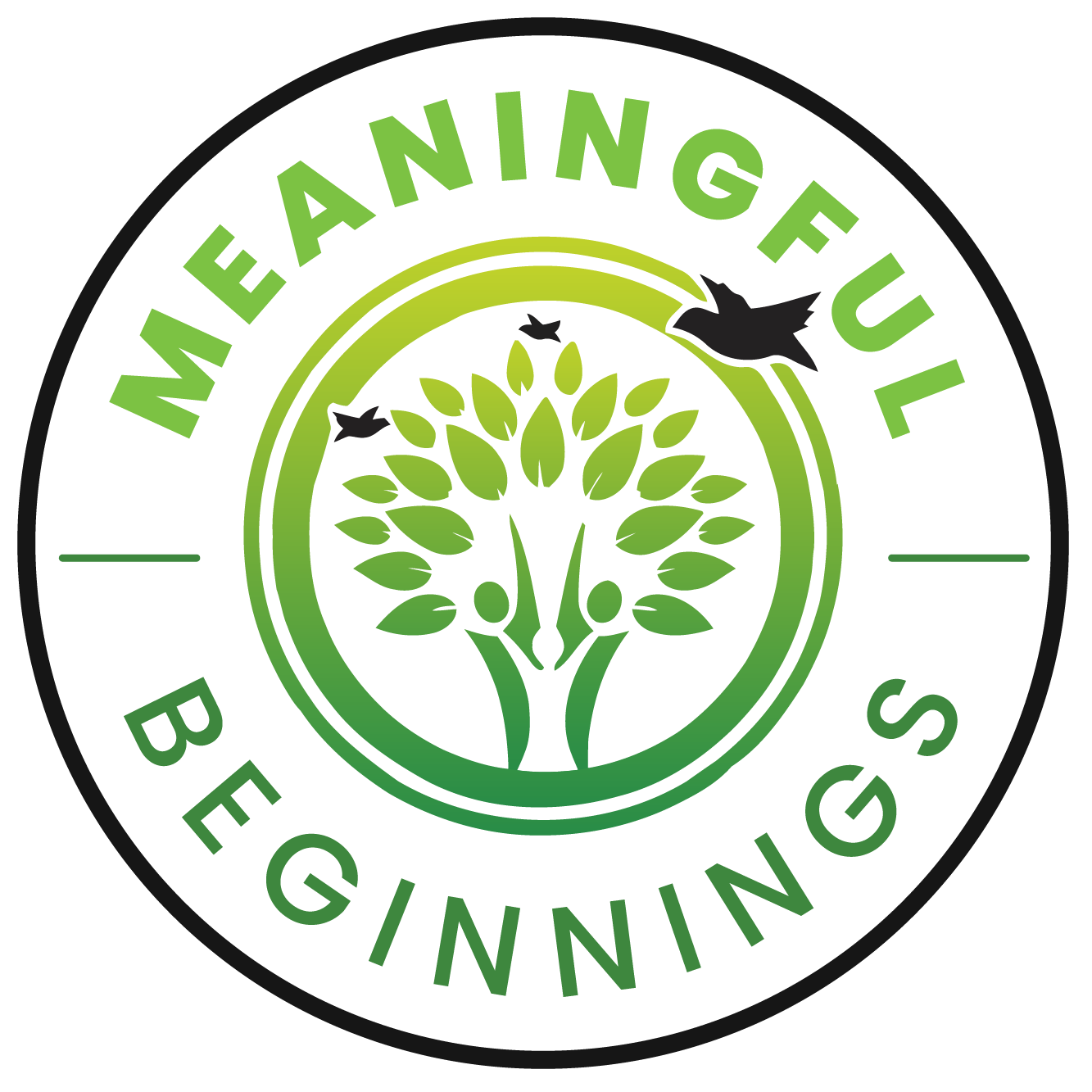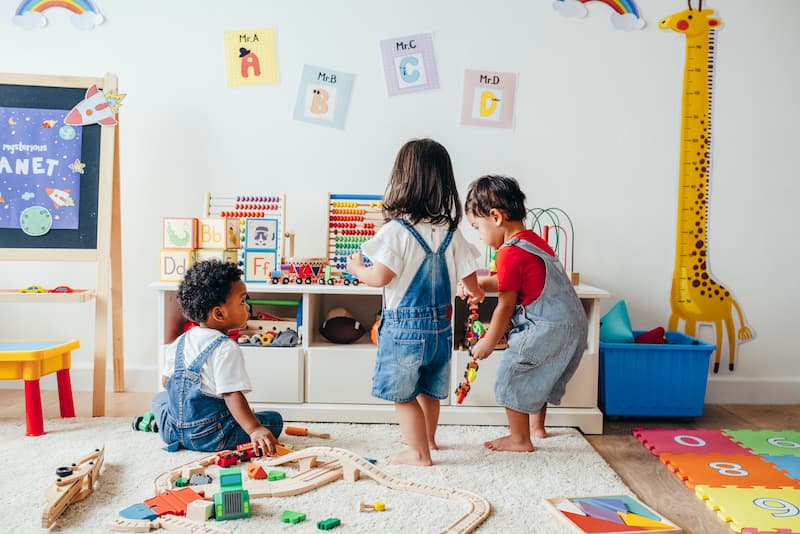Young children are like sponges. Everything they see, hear, feel, and touch has a larger effect on them than we might realize. This is precisely why the environment they’re raised in is so important.
As parents and caretakers, we must understand all the ways our children are growing and learning from age 0-5 and how we can do our best to support an environment that fosters healthy development.
Five developmental domains are impacted by a child’s environment: cognitive, emotional, social, physical, and language development. In the next section, we will take a look at each aspect of development and how we can create a positive environment where our children can thrive.
Cognitive Development
When children are 0-5 years old, their cognitive development is largely affected by their social, emotional, economic, and physical environment. We will go into a couple of these more in-depth further on in this article.
- Social. Children need to be socialized with more than just their family. Enrolling your child in daycare or bringing them to community events is a great way to make sure they get those positive interactions with other people. Otherwise, they will lack the skills they need later in life.
- Emotional. We all need to feel supported, loved and validated. Giving children emotional support from a young age will set them up to have healthy relationships now and in the future.
- Economic. Families that struggle economically may not be equipped to provide their children with what they need to be healthy.
- Physical Environment. Children that grow up in an unsafe environment are at harm in more ways than one. There is the risk of physical harm, risk of being negatively affected by trauma, and risk of repeating learned behaviors later in life.
Emotional Development
Before the age of 5, children are affected by a variety of factors that can impact healthy emotional development. If a child is not in an environment that makes them feel emotionally supported, they may not have the confidence to self-efficacy to go out and explore the world. In addition, children who are raised in an insecure emotional environment may go on to have attachment issues, mental health issues, and trouble forming healthy relationships.
Social Development
It’s important for children aged 0-5 to obtain healthy social skills that they will use throughout life. When children reach kindergarten, it’s surprisingly easy to tell which ones were enrolled in preschool or daycare and which weren’t. This is because preschool and daycare environments are designed to foster healthy relationships between children and their peers and caregivers. In most cases, it’s not sufficient to socialize children only with family members and “play dates.” They need healthy, structured social environments that will teach them proper skills and behaviors.
Physical Development
A child must be in a physically safe environment during gestation and beyond for them to be healthy inside and out. For example, it’s well known that exposure to toxins like cigarette smoke and alcohol during gestation can result in birth defects. Once a baby is born, it’s crucial that they remain in an environment that remains toxin-free (to the best of the caretaker’s ability. It’s difficult to create a completely toxin-free environment these days because they are in cleaning products, processed foods, etc.), and protects the child from harm.
In addition to making sure there aren’t immediate threats to a child’s health, they must be in an environment that feels comforting – plenty of natural light and space to move around, stimulating and entertaining toys, pleasant sounds, etc. If a child is raised in an aggressive environment that is loud, dark, cramped, and non-stimulating, they are at risk of developing mental health issues that will affect them (and others) now and later on.
Language Development
Children need to be in an environment that gives them plenty of chances to practice language and learn new words. That means they need to be surrounded by people with language skills that match and exceed their own and tools that help educate them (videos, games, toys, etc.).
If children are in an environment that hinders their ability to speak, write, and/or hear, they will not be able to develop proper language skills. This can be easily corrected if caught at a young age, but children who reach kindergarten without proper language skills may be at risk of falling behind in the curriculum and may need specialized education.
How Nutrition Affects Development
A child’s health and nutrition cannot be overlooked. A child must receive proper nutrition beginning during gestation. If a mother does not eat a balanced diet, they risk low birth weight, miscarriage, stillbirth, impaired child development, and more.
Once a baby is born, they need to continue receiving a balanced that that consists of carbs, fats, proteins, minerals, and vitamins – all of which can be found in breastmilk or formula. Once a baby reaches 6-months, they can start eating solid foods that have the right micronutrients such as vitamin A, iodine, and iron to support healthy motor functions and more.
Meaningful Beginnings Supports Healthy Development in Children Ages 0-5
Meaningful Beginnings daycare and preschool center has everything a child needs to thrive. Our center was designed to recreate a comfortable home environment that is educational and fun, but not over-stimulating.
Please contact us today to schedule a tour!








